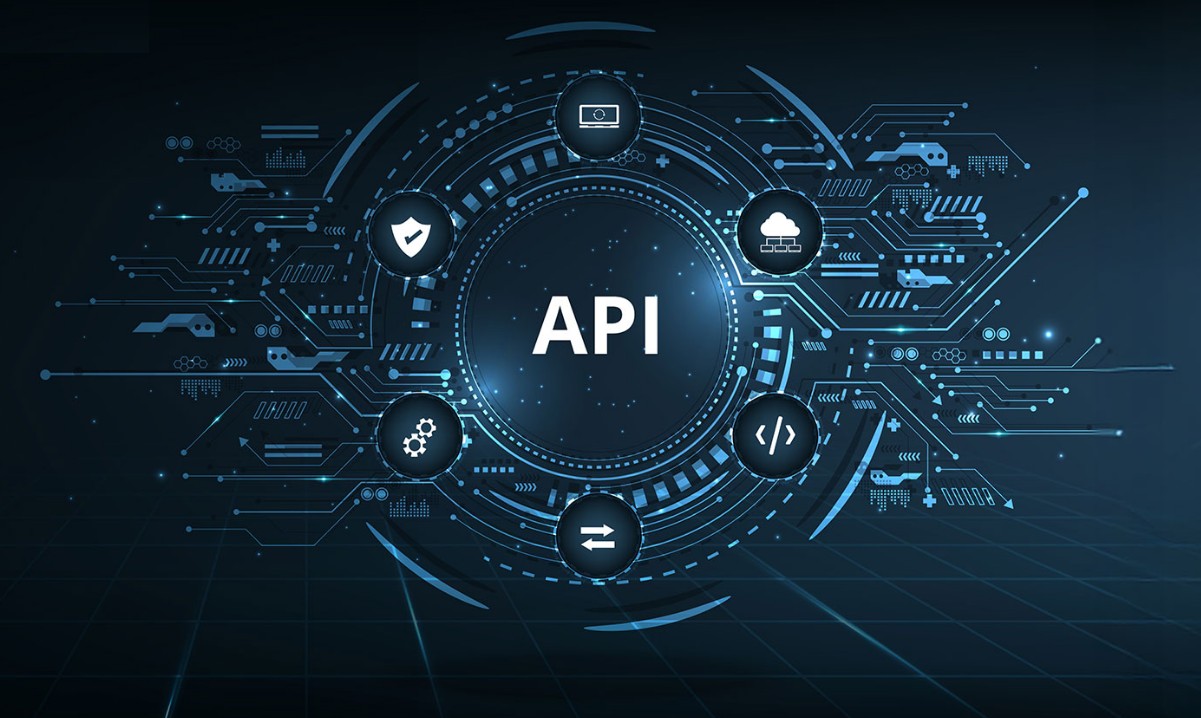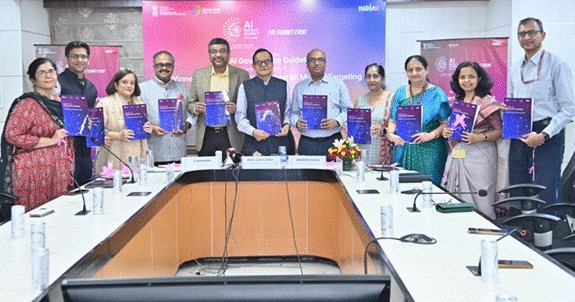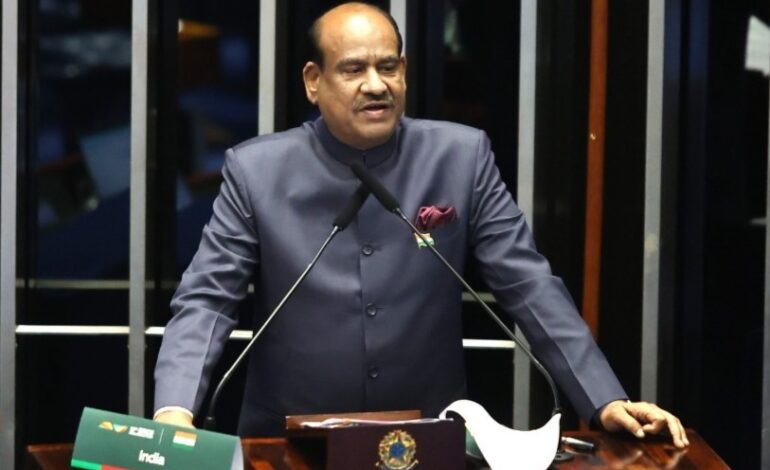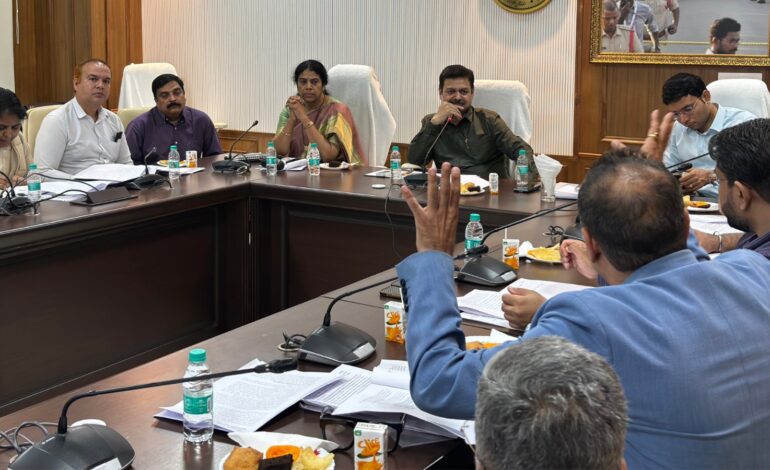Dr Jitendra Singh Launches RTI E-Journal, Highlights Governance Reforms for Transparency and Youth Trust
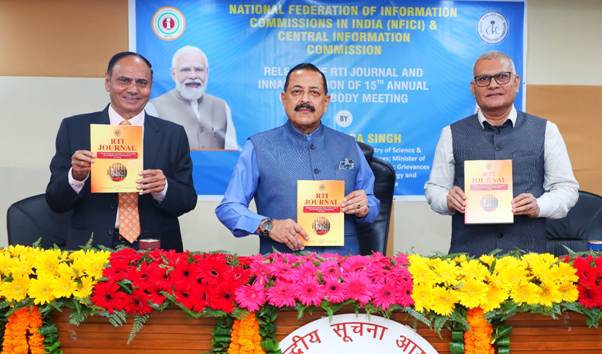
The event was attended by Chief Information Commissioner Heeralal Samariya, along with State Chief Information Commissioners and Information Commissioners from across the country.
New Delhi, August 26: Union Minister Dr Jitendra Singh on Tuesday released the latest edition of the RTI Journal and launched an E-Journal on the website of the National Federation of Information Commissions in India (NFICI) at the inaugural session of its 15th Annual General Body Meeting, held at the Central Information Commission (CIC) in New Delhi.
The event was attended by Chief Information Commissioner Heeralal Samariya, along with State Chief Information Commissioners and Information Commissioners from across the country.
Transparency Reforms Since 2014
Dr. Singh outlined landmark reforms undertaken by the Department of Personnel and Training (DoPT) over the last decade to promote transparency, accountability, and citizen-centric governance. He recalled the abolition of over 1,600 obsolete rules, including the requirement for gazetted officer attestations, saying the reform sent a message of trust in India’s youth, who make up 70% of the population.
He also cited the abolition of interviews for government recruitment, calling it a bold step to curb nepotism and favouritism and ensure a more objective and merit-based system.
RTI’s Role in Citizen-Centric Governance
Dr. Singh praised the CIC and State Commissions for achieving nearly 100% disposal of RTI cases even during the COVID-19 lockdown, enabled by remote sittings and digital tools. He highlighted innovations such as the “Human Desk” experiment, where applicants receive counselling or feedback calls after disposal of their RTI applications, improving the citizen happiness index.
He further noted that most government orders and decisions are now proactively published online, reducing the need for repetitive RTI queries.
Digital Platforms and CPGRAMS
Dr. Singh emphasised that RTI and digital grievance redressal platforms like CPGRAMS are pivotal in reorienting governance towards transparency and accountability. He encouraged Information Commissioners to share actionable suggestions during their tenure, so reforms can be implemented in real time.
“RTI and Information Commissions are at the heart of transforming governance into a system that is both transparent and citizen-friendly,” he said.

